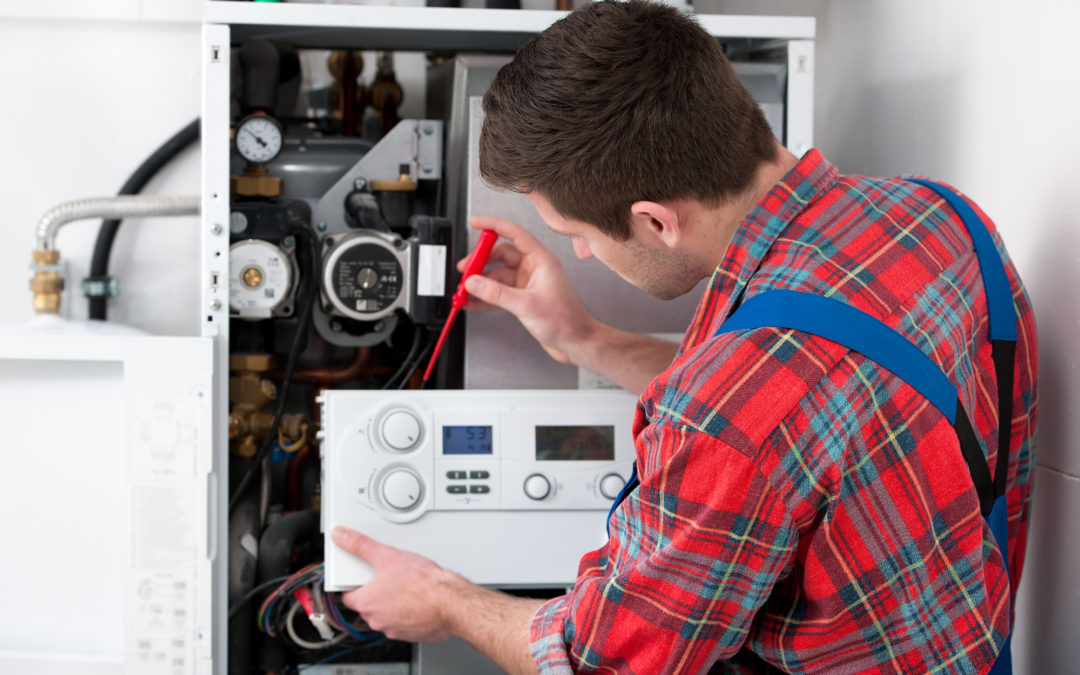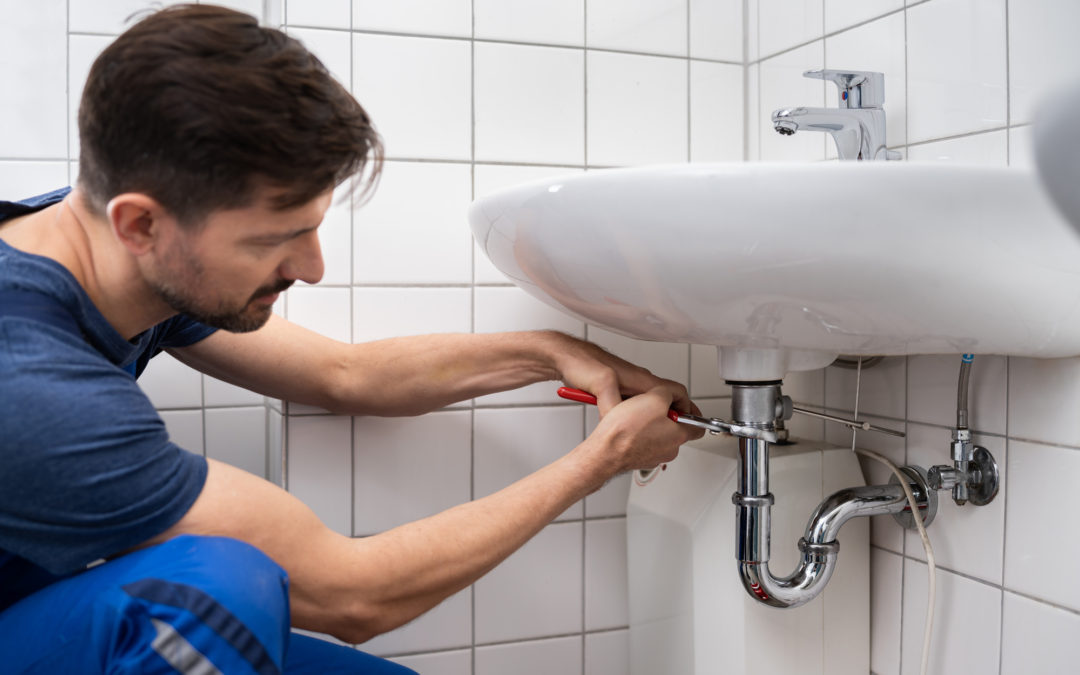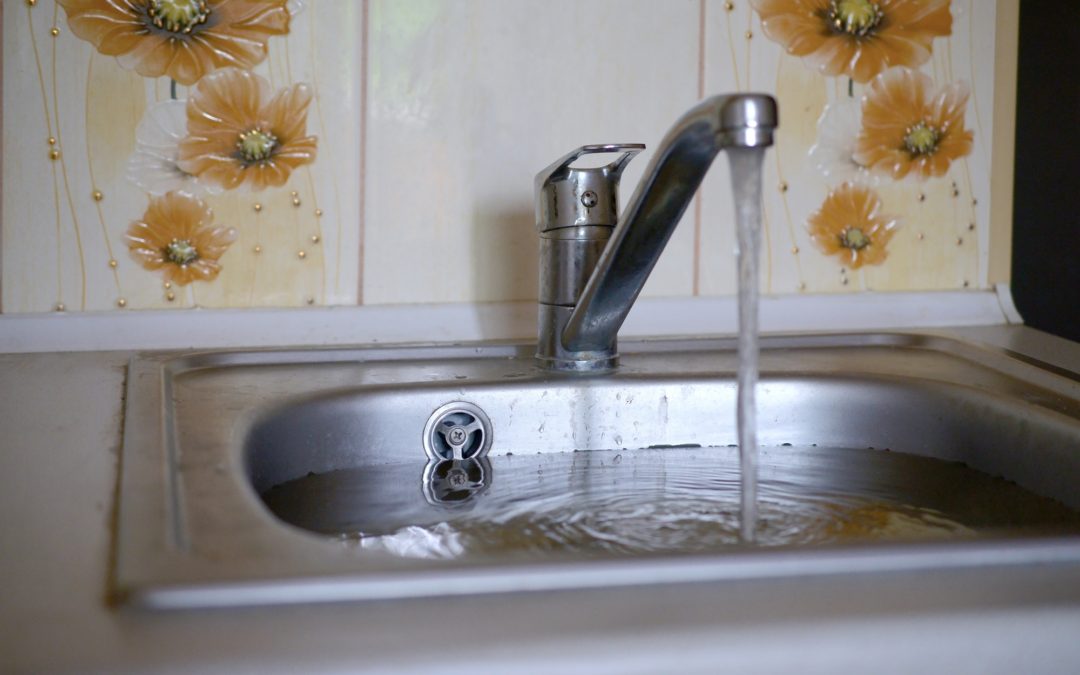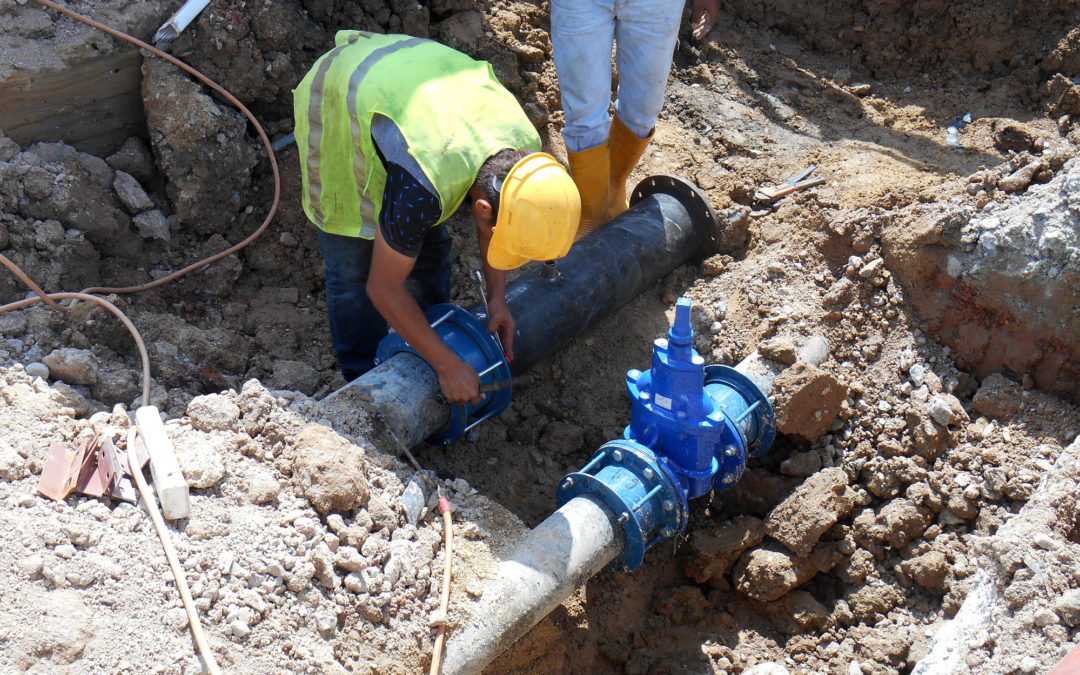
by Brandon | May 31, 2023 | News
Everyone wants to save on energy bills these days. With rising energy costs, it’s important to find ways to reduce your energy use and costs. One way that homeowners can reduce their energy bills is through electrical upgrades. Upgrading your electrical system can help you save money on your energy bills by reducing your energy use. Here are five ways to reduce your energy bill with electrical upgrades.
1. Upgrade Your Lighting
Upgrading your lighting is a great way to reduce your energy use and costs. Replacing your incandescent bulbs with LED bulbs can reduce your lighting energy use by up to 75%. LED bulbs use around 80-90% less energy than incandescent bulbs and last much longer. They also produce less heat, which can help reduce your cooling costs in the summer.
Another way to upgrade your lighting is to install dimmer switches. Dimmer switches allow you to adjust the light output in a room, which can help reduce your energy use and create a more comfortable atmosphere in your home.
2. Install Smart Thermostats
Smart thermostats are another great way to reduce your energy bills. They allow you to control your heating and cooling systems from your smartphone, tablet or computer. This means you can adjust the temperature in your home even when you’re not there. Smart thermostats are also great for scheduling your heating and cooling, so you can avoid heating or cooling an empty home. This can save you up to 10% on your energy bills.
3. Upgrade Your Electrical Panel
Upgrading your electrical panel can also help reduce your energy bills. Older electrical panels are not as efficient as newer ones, which can lead to wasted energy. Upgrading to a new electrical panel can improve the efficiency of your electrical system, which can help reduce your energy bills.
4. Install Energy-Efficient Appliances
Replacing your old appliances with newer, energy-efficient ones is another great way to save on energy bills. Energy-efficient appliances use less energy than older, non-efficient models. Look for appliances with the ENERGY STAR label, as these are the most energy-efficient ones on the market.
5. Install Solar Panels
Solar panels are becoming more and more popular for homeowners who want to reduce their energy bills. They convert sunlight into energy, which you can use to power your home. Solar panels are a great way to reduce your energy bills, as you can use the energy they produce to power your home instead of relying on the grid. They also help reduce your carbon footprint, which is great for the environment.
Conclusion
There you have it, five ways to reduce your energy bill with electrical upgrades. Upgrading your lighting, installing smart thermostats, upgrading your electrical panel, installing energy-efficient appliances, and installing solar panels are all great ways to reduce your energy use and costs. If you’re interested in reducing your energy bills, contact your local plumbing services company to learn more about how you can upgrade your electrical system today. Remember to visit aceplumbingrepair.com or give the plumbing experts a call at (844) 711-1590 to learn more.

by Brandon | May 31, 2023 | News
Boilers are an essential component of any home’s heating system, and they play a crucial role in keeping us warm and comfortable, especially during the winter months. However, despite their importance, many homeowners don’t fully understand how boilers work or how they are maintained. In this article, we will explore the basics of boiler plumbing theory and provide you with everything you need to know about this important plumbing system.
The Basics of Boilers
Boilers are closed containers that are designed to heat water to produce steam or hot water for various residential or commercial uses. They work by burning fuel – such as oil, natural gas, or propane – to generate heat, which is then used to heat water in the boiler. The hot water or steam produced by the boiler then circulates through your home’s radiators, radiant floor systems, or other heating devices to provide heat.
Types of Boilers
There are several types of boilers available on the market today, each with its unique features and advantages. The most common types of boilers include:
1. Conventional Boilers: These are traditional boilers that are designed to heat water in a storage tank. They are available in gas, oil, or electric models.
2. System Boilers: These are similar to conventional boilers but do not have a storage tank. They work by heating the water directly, making them more efficient than conventional boilers.
3. Combi Boilers: These are compact and easy-to-install boilers that combine both your home’s heating and hot water supply. They are ideal for homes with limited space for a separate hot water tank.
Boiler Plumbing Components
Boilers are comprised of several essential components, including:
1. Burners: These are responsible for igniting and burning the fuel to produce heat.
2. Heat Exchanger: This is where the heat generated by the burners is transferred to the water.
3. Water Pump: This circulates the hot water or steam throughout the heating system.
4. Expansion Tank: This is designed to handle the expansion of water as it heats up, preventing damage to the system.
5. Pressure Relief Valve: This valve releases excess pressure in the system to prevent damage and ensure safe operation.
Common Boiler Plumbing Problems
Like any other plumbing system, boilers may experience problems from time to time, which may reduce their efficiency or lead to complete failure. Some common boiler plumbing problems include:
1. Leaks: This is one of the most common boiler plumbing problems. Leaks may occur due to worn-out seals, ruptured pipes, or corroded fittings.
2. Pressure Problems: Boilers need to operate at a certain pressure to work optimally. If the pressure is too high or too low, it may lead to system failure.
3. Blockages: Blockages may occur in the heat exchanger, water pumps, or pipes, leading to reduced efficiency or complete failure.
4. Ignition Failure: Boilers need fuel to ignite and operate. Issues with ignition systems or fuel delivery may cause the boiler to fail to operate.
Maintaining Your Boiler Plumbing System
Regular boiler maintenance is essential for the optimal performance and longevity of your heating system. Some maintenance tips to keep your boiler plumbing system running efficiently include:
1. Cleaning: Regularly clean the heat exchanger, pipes, and other components to remove dirt, debris, or mineral buildup that may reduce the efficiency of the system.
2. Flushing: Flushing the system helps remove sediment buildup, ensuring optimal heat transfer.
3. Inspections: Regular inspections help identify problems early and prevent costly repairs or replacements.
4. Tune-ups: Regular tune-ups help ensure that your boiler’s burner and ignition systems are working as efficiently as possible.
Conclusion
Boiler plumbing is a crucial component of any home or business’s heating system. Understanding how boilers work, maintaining them properly, and taking care of any issues can improve efficiency, reduce costs, and prolong the lifespan of your system. If you’re experiencing any issues with your boiler plumbing system, reach out to the plumbing experts at AcePlumbingRepair.com or call us at (844) 711-1590 for reliable, efficient, and affordable boiler repair and maintenance services in your area.

by Brandon | May 31, 2023 | News
Due to the increasing demand for rental properties in Los Angeles, property management has become a competitive field. Maximizing rental income is crucial for landlords, and one way to do this is by ensuring that the plumbing systems in their properties are functioning well. Issues like leaking pipes, clogged drains, faulty water heaters, and broken toilets can not only lead to frustration for tenants but also result in high repair costs for landlords. Here are some effective plumbing strategies that landlords can employ to maximize their rental income.
1. Preventative Maintenance
Preventative maintenance is an effective way to minimize plumbing problems and ensure that the plumbing systems in the rental property are functioning at optimal levels. Regular checkups and inspections help to identify, prevent, and resolve any plumbing issues before they become big problems. This includes checking water pressure, looking for leaks, examining pipes for corrosion, checking for visible signs of wear and tear, and ensuring that all fixtures are working correctly.
2. Efficient Water Heaters
Water heaters are an essential component of any plumbing system. For landlords, investing in energy-efficient water heaters can help reduce energy usage and lower costs for both tenants and the landlord. Installing tankless water heaters or hybrid water heaters can go a long way in improving efficiency without compromising on comfort.
3. Water-Saving Fixtures
Installing water-saving fixtures such as low-flow showerheads, faucet aerators, and dual-flush toilets can help reduce water consumption. Using water-saving fixtures is an eco-friendly and cost-effective way to lower water bills without compromising on water pressure or performance. These fixtures not only help save tenants’ money but also improve the overall efficiency of the plumbing system.
4. Professional Plumbing Services
Landlords should have access to a reliable plumbing service provider that offers 24-hour emergency services. Professional plumbing services can help landlords quickly respond to any plumbing issues, preventing small problems from turning into major repairs that are more expensive to fix. Regular inspections and maintenance can help detect potential plumbing issues before they escalate, saving landlords both time and money in the long run.
5. Education for Tenants
Not all plumbing issues require professional intervention. Minor plumbing issues such as clogged toilets and slow drains can be quickly fixed by tenants themselves. However, tenants may not know how to handle these types of issues correctly. Landlords can provide educational materials like brochures and posters to tenants to help them recognize and solve minor plumbing problems.
6. Regular Cleaning
Regular cleaning of the plumbing system can help prevent major clogs and blockages. Tenants should be encouraged to clean shower drains and sinks regularly to prevent hair and debris from accumulating. Property managers should also consider scheduling regular plumbing cleaning services to remove mineral build-up and other debris.
7. Insulated Pipes
Insulated pipes help prevent pipes from freezing during cold winter months. Frozen pipes can cause significant damage to the plumbing system and lead to expensive repairs. Insulated pipes also help prevent heat loss, improving the efficiency of the plumbing system.
In Conclusion
Effective property management strategies for landlords in Los Angeles must include a focus on plumbing systems. Preventative maintenance, efficient water heaters, water-saving fixtures, professional plumbing services, tenant education, regular cleaning, and insulated pipes are all critical to ensuring the maximum rental income. By investing in these plumbing strategies, landlords will make their properties more appealing to tenants, reduce repair costs, and ultimately maximize their rental income. For all plumbing needs, Ace Plumbing Repair is the go-to team of experts to help guarantee you run a successful rental property business. Call us today to schedule your preventative maintenance checkup!

by Brandon | May 31, 2023 | Maintenance
As a homeowner, you probably already know how critical it is to keep your plumbing systems in top-notch condition. From clogged drains to leaky pipes, plumbing issues can cause massive headaches, stress, and even lead to costly repairs. When it comes to your kitchen drain, a blocked or slow-moving drain can be a real hassle, but issues with your kitchen drain jetter can be especially frustrating to deal with. To help you out, we have put together a guide on how to deal with a kitchen drain jetter issue in this article.
What is a Kitchen Drain Jetter?
A kitchen drain jetter, also known as a hydro jet, is a cleaning tool that uses high-pressure water to blast away stubborn blockages, such as grease buildup, food particles, and mineral deposits, from your kitchen drain. It is a popular and effective solution that professional plumbers use to clear and clean out kitchen drain blockages. Kitchen drain jetters come in different sizes, capacities, and power ratings, and they operate through a water supply and a high-pressure pump.
What Could Go Wrong with a Kitchen Drain Jetter?
Like any other plumbing tool, a kitchen drain jetter can experience issues that could make it less efficient or ineffective, such as:
1. Low Water Pressure: If your kitchen drain jetter has low water pressure, it might not generate enough force to blast away the blockages in your drain. Low water pressure could be caused by a clogged nozzle, a worn-out pump, a faulty hose, a kinked hose, or a problem with your water supply.
2. No Water Flow: If your kitchen drain jetter does not produce any water flow, it could be an issue with your water supply, your pump, or your hoses. It could also be a safety precaution triggered by a blockage or an air pocket in your hose.
3. Leaks: Leaks in your kitchen drain jetter could indicate a problem with your hoses, your fittings, or your pump. Leaks can make your jetter less efficient and damage your property.
How to Deal with a Kitchen Drain Jetter Issue
If you encounter an issue with your kitchen drain jetter, there are some steps you can take before calling in a professional plumber:
1. Check the Water Supply: Make sure that your water supply is turned on and that you have enough water pressure. Check your hose connections and valves for leaks or damage. If you have low water pressure, check your nozzle for clogs or debris.
2. Inspect Your Jetting Hoses: Check your jetting hoses for kinks, twists, or damage that could obstruct water flow. Make sure that your hoses are attached correctly to your pump and your nozzles.
3. Check Your Nozzle: Check your nozzle for any debris or clogs that might impede water flow. You could use a small wire or a needle to clear away any blockages gently. If your nozzle is damaged or worn-out, replace it. You could consult your jetter’s manual or ask a professional plumber for advice on the right nozzle for your needs.
4. Check Your Pump: Check your pump for any wear and tear, leaks, or damage. Listen for any unusual sounds, such as grinding noises or clunks, that could indicate a malfunction. If you notice anything suspicious, turn off your jetter immediately and seek assistance from a professional plumber.
5. Test Your Jetting Performance: Once you have checked all the components of your kitchen drain jetter, test your jetting performance to see whether the issue has been resolved. Turn on your jetter and run water through your hose and nozzle. If water is coming through your nozzle with enough pressure, you should be able to clear out most kitchen drain blockages easily.
Conclusion
As a homeowner, you can avoid much of the headache and expense of plumbing problems by keeping your kitchen drain jetter in proper working order. By following these steps, you can troubleshoot most kitchen drain jetter issues and save yourself time, money, and frustration. If you encounter a problem that you cannot solve or that requires professional attention, don’t hesitate to contact Ace Plumbing Repair at (844) 711-1590 or visit our website at aceplumbingrepair.com for expert guidance and assistance.

by Brandon | May 30, 2023 | News
We’ve all been there. You’re trying to brush your teeth or wash your hands, and the sink starts to fill up with water. You try to clear the clog with a plunger, but it just won’t budge. Or maybe you’re in the shower, and the water starts to pool around your feet. You’re realizing that you have a clogged drain. But when should you call a plumber to unclog the drain? Here are some guidelines to help you decide.
DIY Approaches First
Before calling a professional, it’s important to try a few DIY approaches to unclog the drain. A plunger is a great place to start. Use a cup plunger for sinks or a flange plunger for toilets. Cover the drain with the plunger and push down and pull up quickly for about 30 seconds. If this doesn’t work, try pouring boiling water down the drain or using a drain snake to clear any blockages.
When to Call a Plumber
If these DIY approaches don’t work, it’s time to call in a professional plumber. Here are a few telltale signs that it’s time to make that call:
1. Multiple Clogs
If you have multiple drains clogging at once, it could be a sign that something is going on with your main sewer line. This is a more serious issue that requires professional help.
2. Water Backing Up
If water is backing up from the drain or showing up in other appliances, like your washing machine, it’s time to call a plumber. This could be a sign of a clogged sewer line.
3. Foul Odors
If you notice an unpleasant sewer odor coming from your drains, this could be a sign of a serious issue that needs immediate attention.
4. Slow Drains
If your drains are consistently slow or making gurgling sounds, there could be a blockage that needs to be addressed. This could be anything from food particles to hair caught in the drain.
5. DIY Methods Aren’t Working
If you’ve tried a plunger, drain snake or boiling water and the clog isn’t clearing, it’s time to call in a professional.
Prevention Tips
The best way to avoid a clogged drain is to take preventive measures. Here are a few tips to avoid clogs altogether:
1. Don’t dump grease or oil down the drain.
2. Use drain covers to prevent hair, food, and other debris from going down the drain.
3. Flush with hot water once a week to help clear any buildup in the pipes.
4. Use vinegar and baking soda to clear minor blockages naturally.
5. Regular maintenance by a professional plumber can prevent clogs and keep your pipes in good working order.
Conclusion
A clogged drain can be a frustrating experience for any homeowner. While DIY methods can work for minor clogs, it’s important to know when it’s time to call in a professional plumber. Signs like multiple clogs, water backing up and foul odors are indications of a more serious issue that needs immediate attention. Taking proactive steps to prevent clogs can save you time and money in the long run. Remember, when in doubt, call a plumber.





